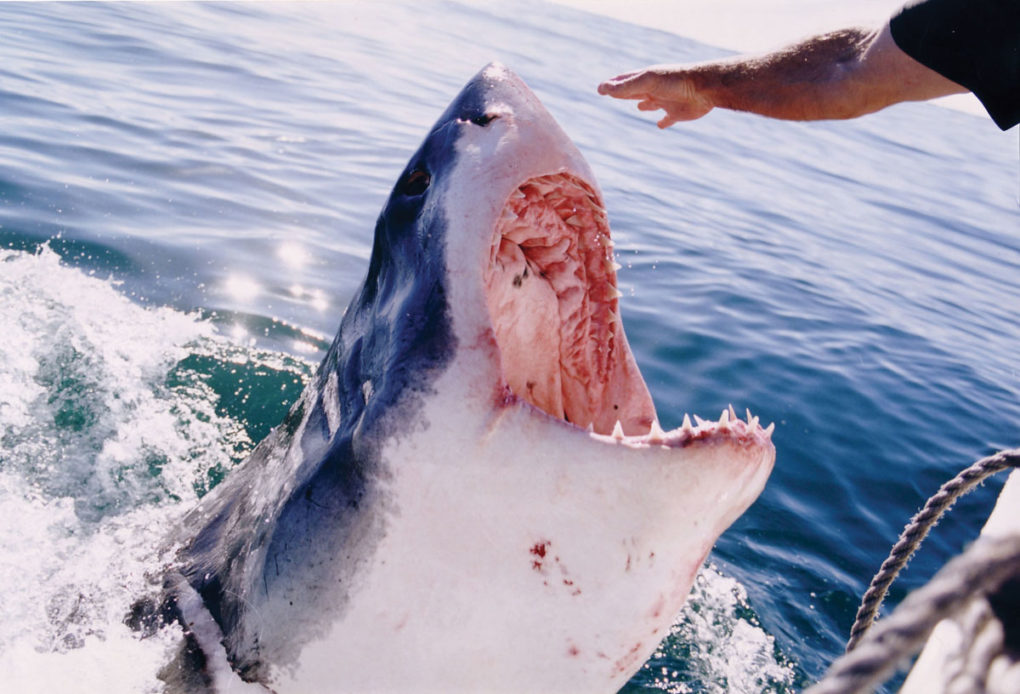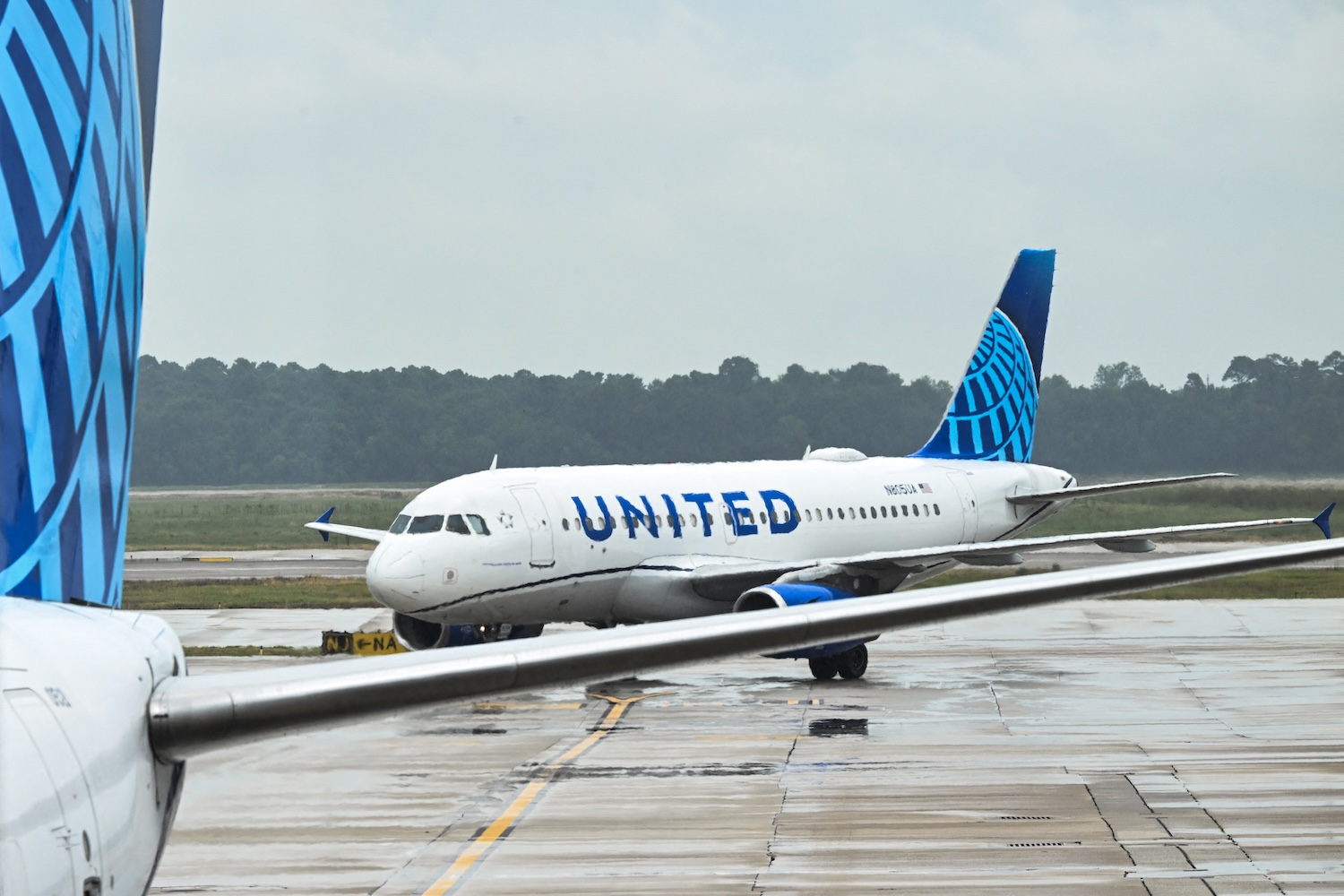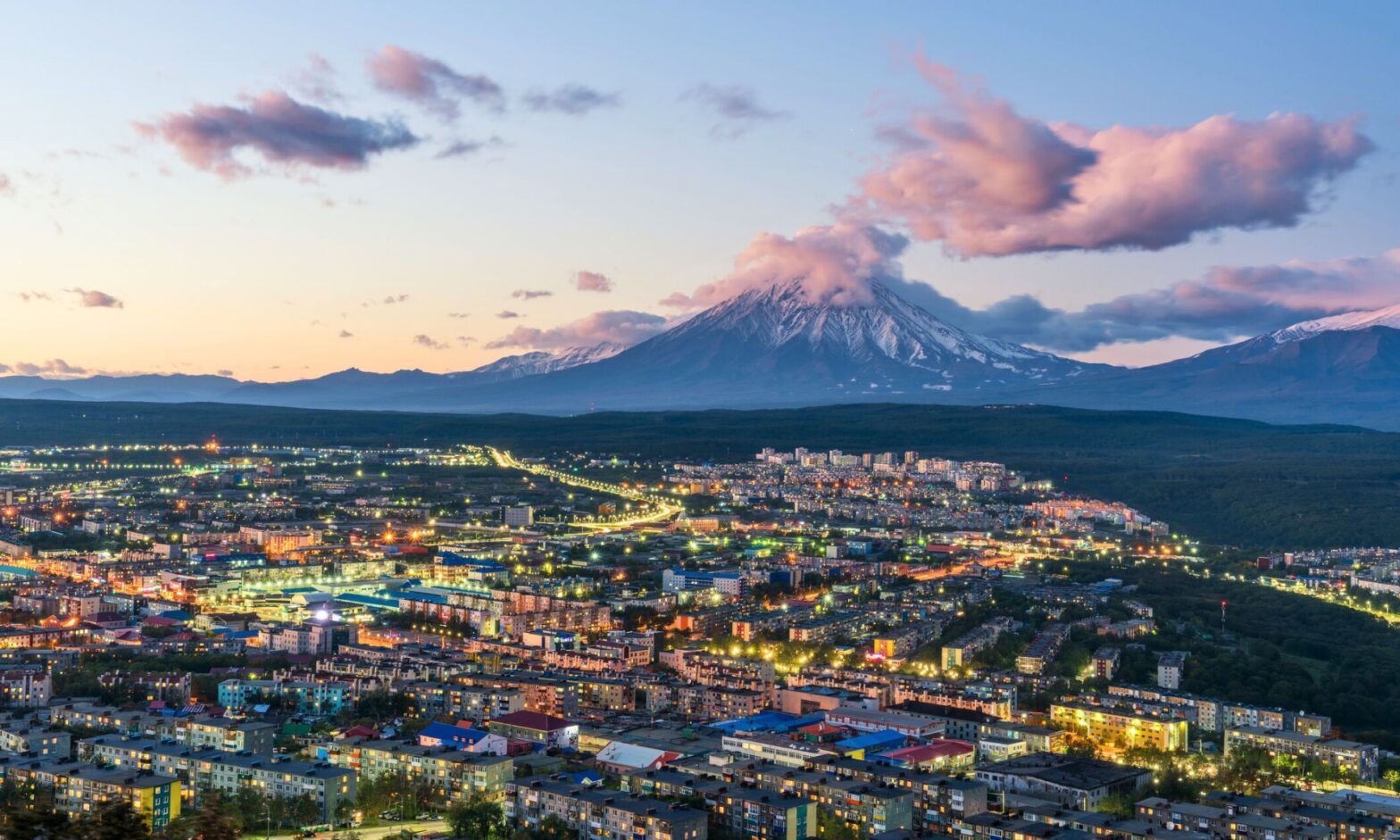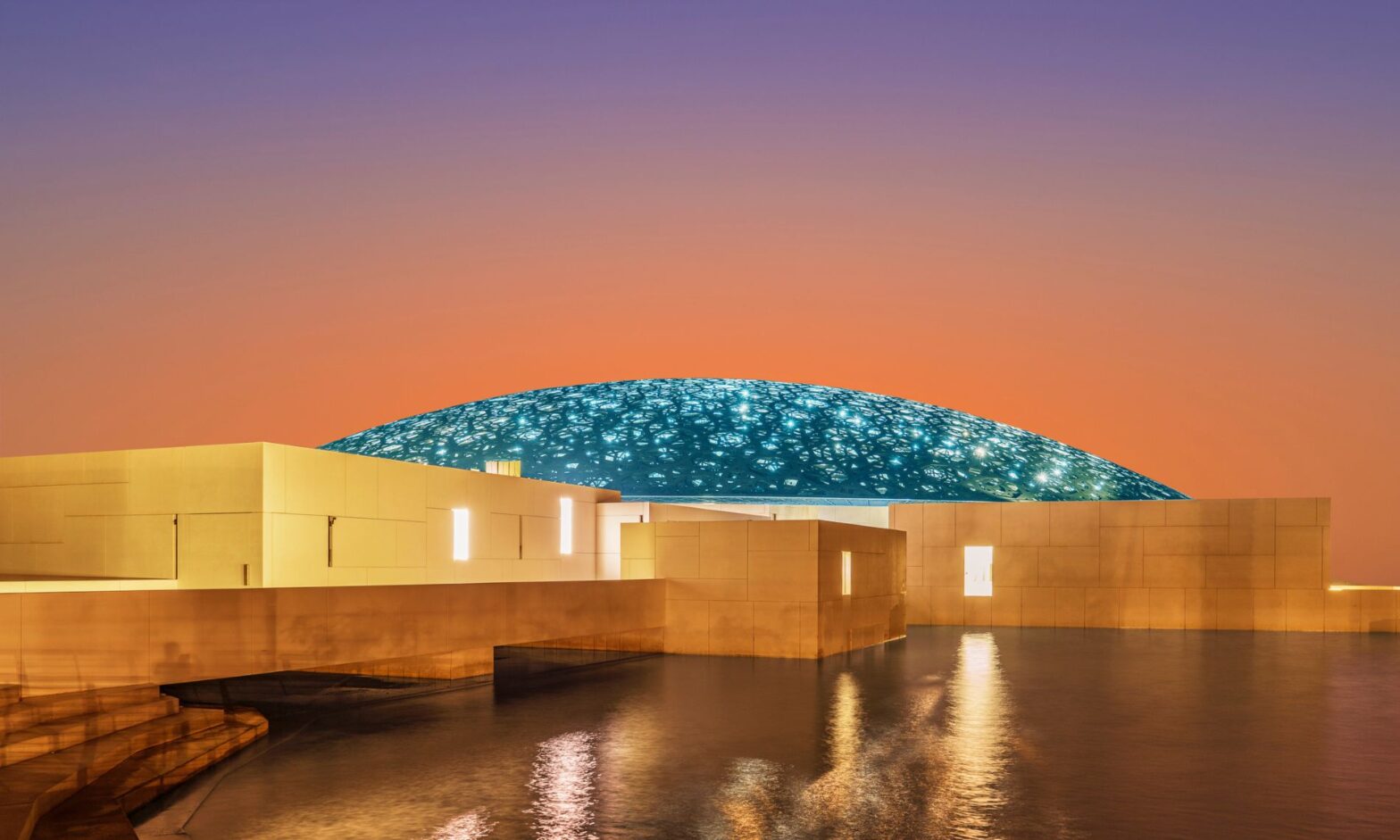It was supposed to be a typical sunny day at the beach with friends, chatting, eating seafood and drinking beer and caipirinhas. However, it turned out to be a nightmare, caused by the most gruesome shark attack in Brazil over the past few years.
Marcelo Rocha Santos, a 51-year-old, died after being attacked by a shark on July 10 on Piedade beach, in Jaboatão dos Guararapes. This beach is located in the city of Recife, capital of Pernambuco, Brazil’s northeast state, known as the capital of shark attacks in Brazil.
According to the eye-witness Endriano Gomes, the victim was drinking with friends. He decided to go into the water to urinate around 2 pm, with cloudy weather and high tide. When the shark attacked him, there was another person in the water, but this person was not attacked.
Glazier Ademir Sebastião da Silva, who was at sea at the time of the attack, observed Marcelo staggering, the water smeared with blood.
“Since the beach doesn’t have a bathroom, I went into the sea to pee, I was beside it, in waist-deep water,” he explains.
Ademir also reports that he was in despair at the time, afraid of being attacked too.
“It could be me, it was God’s deliverance, if I was diving or lingering in the water, I could have been attacked.”
According to the Glazier, Rocha Santos was dragged out of the water and onto the sand by friends, but “he had already fallen unconscious.” The man was taken to the Hospital da Restauração (HR), in Recife. However, he was pronounced dead on arrival.
Lifeguard colonel Leodilson Bastos said that the place where the attack took place is high risk for a shark attack because there is no reef protection.
Also, according to him, the tide was rising.
“We are in a period of rain, which causes the water to become cloudy. When these factors come together, the chance of an incident is very high,” he declared.
Capital Of Shark Attacks In Brazil
Known for its beautiful beaches and one of the main tourist destinations in Brazil, the state of Pernambuco is also known as the shark attack capital in the country.
According to the Pernambuco State Monitoring Committee (Cemit), the coast of Pernambuco has reported 65 shark attacks since 1992, when records began to be counted. In total, there have been 25 deaths.
Bastos also says that the attack took place at a different time than most incidents, in the middle of the day. For him, the majority of cases are reported in the late afternoon, after dark.
A study carried out by Pernambuco Federal University concluded that environmental changes caused by the disorderly growth of cities, such as the suppression of mangroves and pollution, are the main cause for the shark attacks in the state. Major works in the coastal zone, such as the construction of the Port of Suape, the structuring of dikes and stretches of rivers and mangroves in the name of modernization destroyed the environment where sharks used to live, eat and reproduce.
Today, less than 2.4% of the urban center’s surface is mangrove. More than 90% of all organisms that inhabit the marine region use the mangrove at least once in their lifetime to reproduce or feed. Degradation causes an environmental imbalance.





